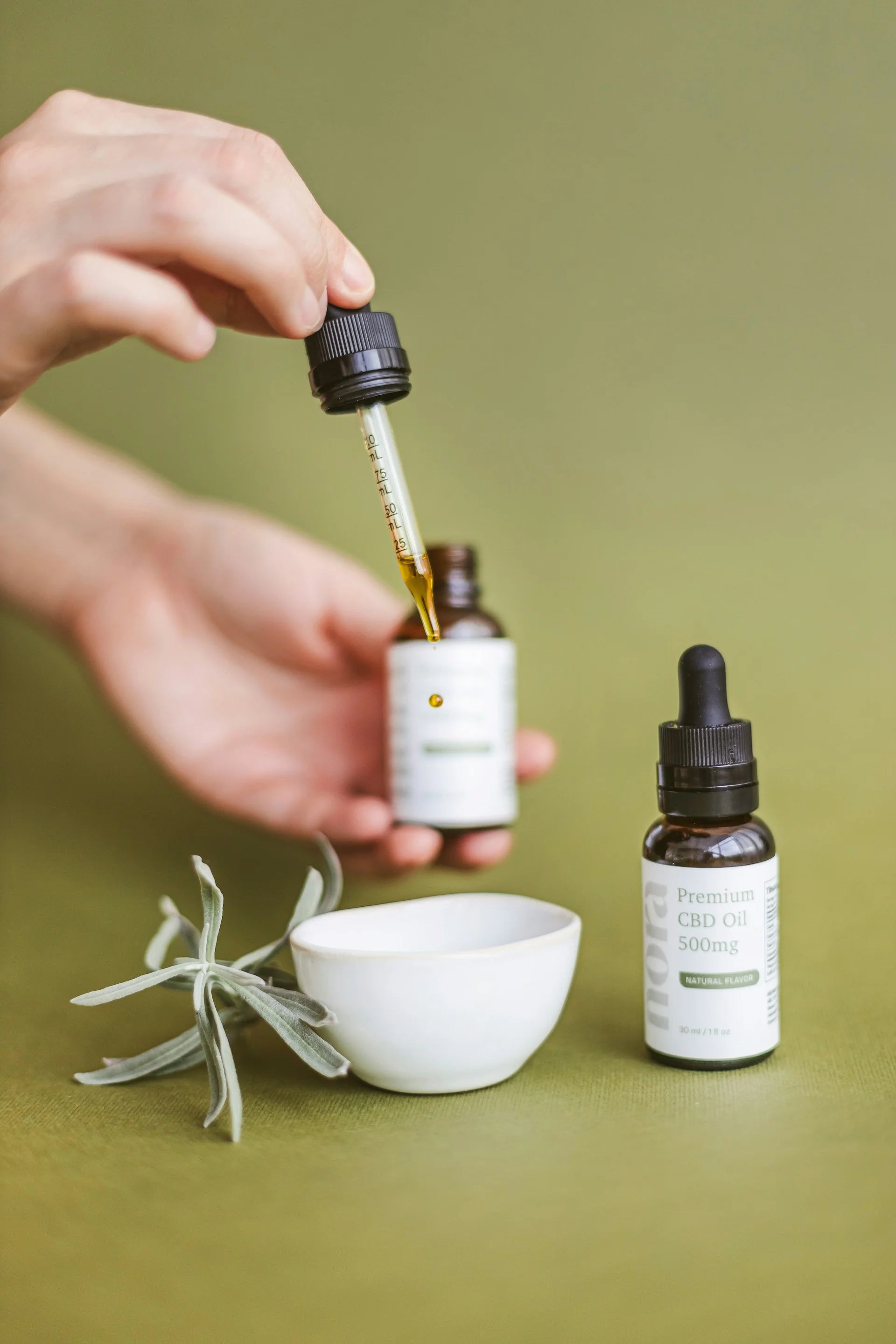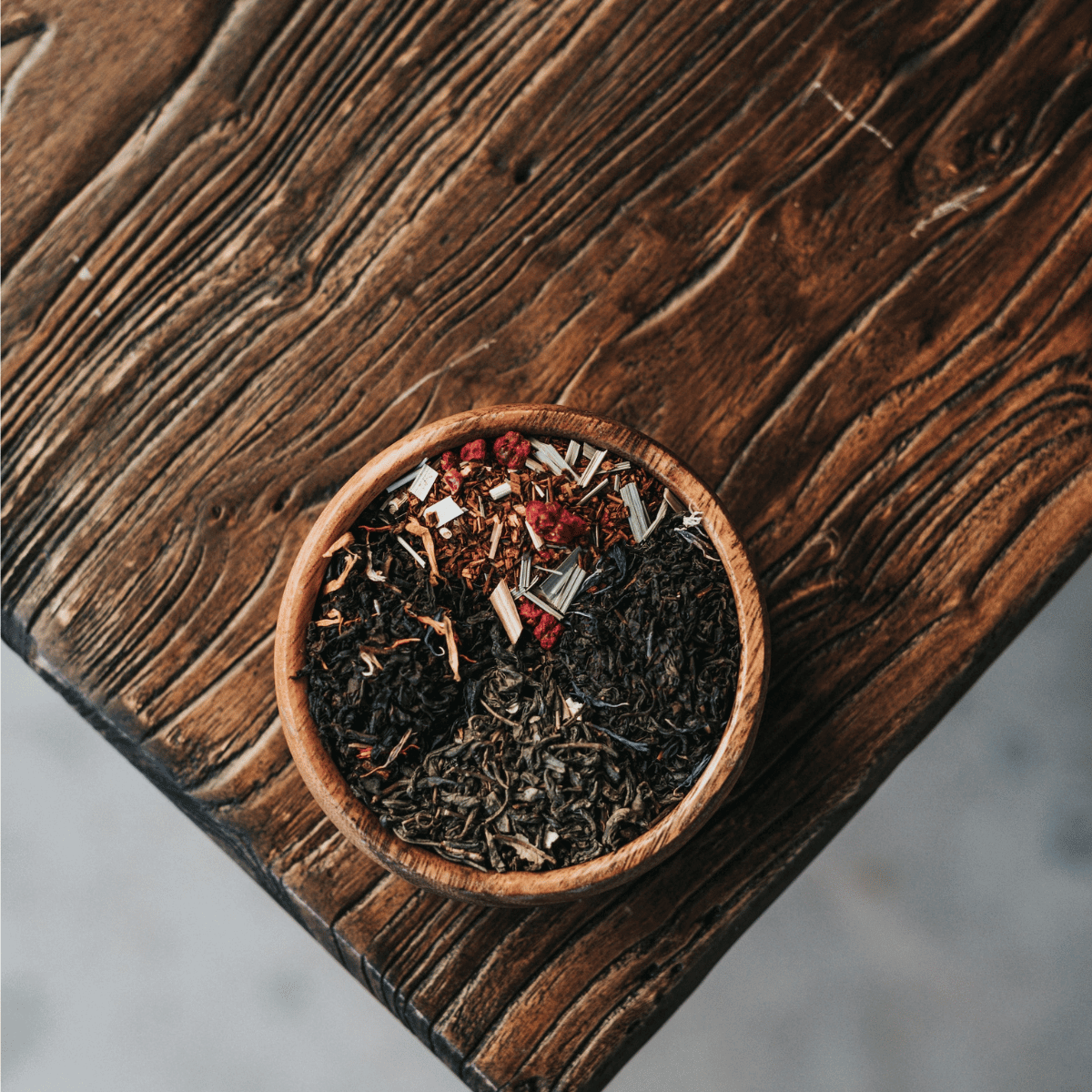Skullcap (Scutellaria) is a smokable plant as rich in its history as its potential benefits and has been used by humans in traditional healing for centuries. Skullcap is smokable, is entirely nicotine-free and 100% legal in most, if not all countries in its dried herb form.
Can you smoke skullcap?
Skullcap has been used for treating ailments and smoked for centuries throughout North America and Asia in its dried leaf form, and is still used in countless different herbal medicines, from tinctures to infusions and even in herbal teas. It is believed to provide varied health benefits by many cultures around the globe, from Native Americans all the way to Chinese traditional medicine!
Keep reading below to find out all the information about Skullcap!
What is the difference between smoking skullcap and smoking marijuana?
Nowadays, Skullcap is used much like other herbs better known as natural alternatives to tobacco such as Mugwort, Passionflower and Mullein, rather than marijuana.
Skullcap contains no age regulated compounds like CBD or THC, and no addictive substances like Nicotine.
Where is Skullcap from?
The most common name for the Scutellaria herb is Skullcap, which happens to be a genus of flowering plants in the lamiaceae family, the Mint family. Its name is derived from the Latin word “scutella” which means “little dish” as the flowers from this plant have a dish-like shape. The most used skullcap for smoking is undoubtedly the Blue Skullcap (Scutellaria lateriflora) which is a perennial herb native to America.
Skullcap is a plant whose above-ground parts are often used to make medicine. The Scutellaria baicalensis, or Chinese Skullcap, has famously been used to treat many ailments since ancestral times in traditional chinese medicine and is known as "the golden herb from the garden of Chinese medicinal plants". The preparation process of its roots is called Huang-Qin, and has been used for its health benefits for a variety of pharmacological functions as well as a treatment for common issues like diarrhea, insomnia, anxiety, hypertension and an answer to numerous central nervous system for its anticonvulsant properties.
When shopping online or at your local herbalist for smokable herbs or herbal smoking blends, it is extremely important to make sure that you are buying the correct strain of skullcap as the labels may not always be truthful. Species that are frequently substituted for the American Skullcap are the Western Skullcap (Scutelleria canescens), Southern Skullcap (Scutelleria cordifolia) or Marsh Skullcap (Scutelleria galericulata), as these can contain harmful chemicals.
Is Skullcap a drug?
Strictly speaking, anything that is promoted as providing benefits to the body or mind functions can be considered a drug to some extent by the FDA and Health Canada, or at least be classified as a natural health product.
In exact terms, the FDA designates a drug as "articles (other than food) intended to affect the structure or any function of the body of man or other animals."

Photo by Nataliya Vaitkevich from Pexels
So although no rigorous studies can confirm that Skullcap in general is a drug, there are many scientists that have dedicated their life to studying the benefits of Scutellaria baicalensis among others, with the first research documented dating back to 200 AD in Shennong Bencaojing (The Classic of Herbal Medicine) and is included in the most authoritative book on traditional chinese medicine first published in 1593, Bencao Gangmu (Compendium of Materia Medica).
Is Skullcap addictive?
No research currently supports the statement that Skullcap could be addictive, although addiction is a very wide term that can be a bit subjective.
How does skullcap make you feel?
First-hand accounts and scientific studies have contrasting opinions about what exactly are the effects of skullcap just as much as what smoking skullcap does.
Is Skullcap a stimulant?
Skullcap is not classified as a stimulant and no documentation supports any type of health benefits relative to this type of statement. First-person accounts of feeling more stimulated when smoking skullcap we found on various online forums like Reddit are mostly from users engaging in smoking pure skullcap in herbal cigarettes or in heavy dosages in their smoking mixtures, which is most probably a placebo effect of wishful thinking or a combination with other stimulants like Tea or Coffee.
Is Skullcap a narcotic?
What comes out in a lot of first-hand accounts we could find delving the interwebz is that this plant creates some type of drowsiness reaction and yet in herbal medicine, it is not classified as a narcotic, unlike the afghani hash plant to name only one of many. Skullcap is thought to act like other natural sleeping aids like Chamomile, Lobelia or Valerian, namely as a natural support to help brain receptors engage in better sleep and not as actual medicine used to sleep.
Is it a placebo effect? We don't know, but it might be, keep reading below to find out!
What are the benefits of Skullcap?
As previously stated, the benefits of Skullcap are widely recognized and documented in Chinese traditional medicine all the way to Native American medicine and although we have immense respect for the true believers of natural healing, we're much more interested in what can be tested and proven objectively, using data.

Photo by julie aagaard from Pexels
Regardless of the naturopathic aspect of the potential benefits of skullcap, some legitimate scientific studies have advanced in the hypothesis that skullcap could have anxiolytic effects, "enhancing global mood without a reduction in energy or cognition" which is quite diametrically opposite to the many first-hand accounts you can find on the internet that claim skullcap causes drowsiness as a side effect.
On a completely unrelated note, a Taiwan based study concluded that skullcap also may have antibacterial effects, indicating that the Scutellaria Barbata could be a very promising alternate treatment for some type of pulmonary infections.
As the entire Lamiaceae family is the focus of scientific reviews for their potential health benefits in pain management, it will be very interesting to see if further studies in the next year will also confirm or infirm any of the other "major" health benefits of skullcap found in books and blogs for hundreds of years, namely :
- May help to boost your mood
- May help to reduce anxiety
- May help with anticonvulsant effects
- May help with insomnia
- May help with with neurodegenerative disease
- May help with heart health
- Anti-inflammatory : the antioxidants in the Skullcap are thought to protect your cells from the damage caused by external forces.
The studies regarding the many benefits of Skullcap keep growing and expanding, making it a great thing to keep on your reading lists.
The Skullcap herb is also a great addition to herbal smoking blends as a supportive herb, providing an enjoyable aroma and a slow-burning speed that is sure to be of help to those who decide to use it as an alternative for tobacco, in herbal cigarettes, or as a rolling filler for their favorite legal herb.
How does skullcap make you feel?
When taken as herbal tea, as a supplement in capsules, or as a part of an herbal blend, Skullcap is a great plant and its benefits are something that more people should know about. Knowing which herbs can help with anxiety and insomnia is also a nice tip for those looking to treat their sleeping issues in a more natural and organic way.
If you don't particularly enjoy the fragrance of Skullcap when smoked you may find that smoking Damiana, smoking Mugwort or smoking Mullein may be more enjoyable for you.
Is smoking Skullcap good for you?
Abso-fucking-lutely not. BUT, it's not due to this smokable herb in particular, just the simple fact that a human smoking anything (yes, even smoking cannabis) is bad for you. There's no way around it, it's a basic chemical reaction from combustion that produces carbon monoxide, tar and polyphenols that all end up inside you and eventually have some type of effect on you. While different types of smoke have different intensity and speed of consequences, as this very recent study on the long-term consequences of smoking cannabis concludes, it's important to weigh this into your decision process, like an adult y'know.
Skullcap and all of those other wonderful herbs you can smoke are now commonly used as a herbal rolling filler to save money on expensive herbs *wink wink* or pre-rolled in herbal cigarettes as a nicotine-free alternative to tobacco.
All of those herbs are of course an integral part to many herbal smoking blends that complements cannabis or any other legal herb enjoyed by recreational smokers (in states where it is legal, of course!).
In the case of skullcap being used in herbal blends, there are currently no scientific studies or rigorous data analysis that support the claims that most herbal smoking blends brands on the market will try to push to their customers. Be wary of companies that promote smoking skullcap or smoking any herb or flower could be beneficial to your health in any way. While some benefits of skullcap to the body or mind have been found in some studies like you'll read below, as of today there is no definite evidence and widely spread usage of this plant.

Photo by cottonbro from Pexels
At Spliff, we only recommend smoking blue skullcap in small doses by healthy informed adults with no pre-conditions and only for its aromatic benefits, definitely not as a health care supplement in any way and of course, never by pregnant or breast feeding women.
If you start feeling any type of side effects from smoking skullcap, immediately stop and consult your health care professional.
You could also want to try smoking kitchen herbs like Oregano or Rosemary.
*This article is not to be interpreted as a statement of any form by Spliff but merely a compendium of information compiled from other sources. These statements have not been evaluated by Health Canada, FDA or any other regulatory body. Consult your doctor before ingesting or smoking any herbal product.*
Wanna learn more about Skullcap? Browse our sources below!
Scutellaria galericulata. (2022, January 25). Wikipedia. https://en.wikipedia.org/wiki/Scutellaria_galericulata
Affairs, O. of R. (2021). Human Drugs. FDA. https://www.fda.gov/industry/regulated-products/human-drugs#:~:text=The%20FDA%20defines%20a%20drug
Zhao, Q., Chen, X.-Y., & Martin, C. (2016). Scutellaria baicalensis , the golden herb from the garden of Chinese medicinal plants. Science Bulletin, 61(18), 1391–1398. https://doi.org/10.1007/s11434-016-1136-5
Brock, C., Whitehouse, J., Tewfik, I., & Towell, T. (2013). American Skullcap (Scutellaria lateriflora): A Randomised, Double-Blind Placebo-Controlled Crossover Study of its Effects on Mood in Healthy Volunteers. Phytotherapy Research, 28(5), 692–698. https://doi.org/10.1002/ptr.5044
Tsai, C.-C., Lin, C.-S., Hsu, C.-R., Chang, C.-M., Chang, I-Wei., Lin, L.-W., Hung, C.-H., & Wang, J.-L. (2018). Using the Chinese herb Scutellaria barbata against extensively drug-resistant Acinetobacter baumannii infections: in vitro and in vivo studies. BMC Complementary and Alternative Medicine, 18(1). https://doi.org/10.1186/s12906-018-2151-7
Uritu, C. M., Mihai, C. T., Stanciu, G.-D., Dodi, G., Alexa-Stratulat, T., Luca, A., Leon-Constantin, M.-M., Stefanescu, R., Bild, V., Melnic, S., & Tamba, B. I. (2018). Medicinal Plants of the Family Lamiaceae in Pain Therapy: A Review. Pain Research and Management, 2018, 1–44. https://doi.org/10.1155/2018/7801543
Hancox, R. J., Gray, A. R., Zhang, X., Poulton, R., Moffitt, T. E., Caspi, A., & Sears, M. R. (2022). Differential Effects of Cannabis and Tobacco on Lung Function in Mid-Adult Life. American Journal of Respiratory and Critical Care Medicine. https://doi.org/10.1164/rccm.202109-2058oc







Leave a comment
All comments are moderated before being published.
This site is protected by reCAPTCHA and the Google Privacy Policy and Terms of Service apply.